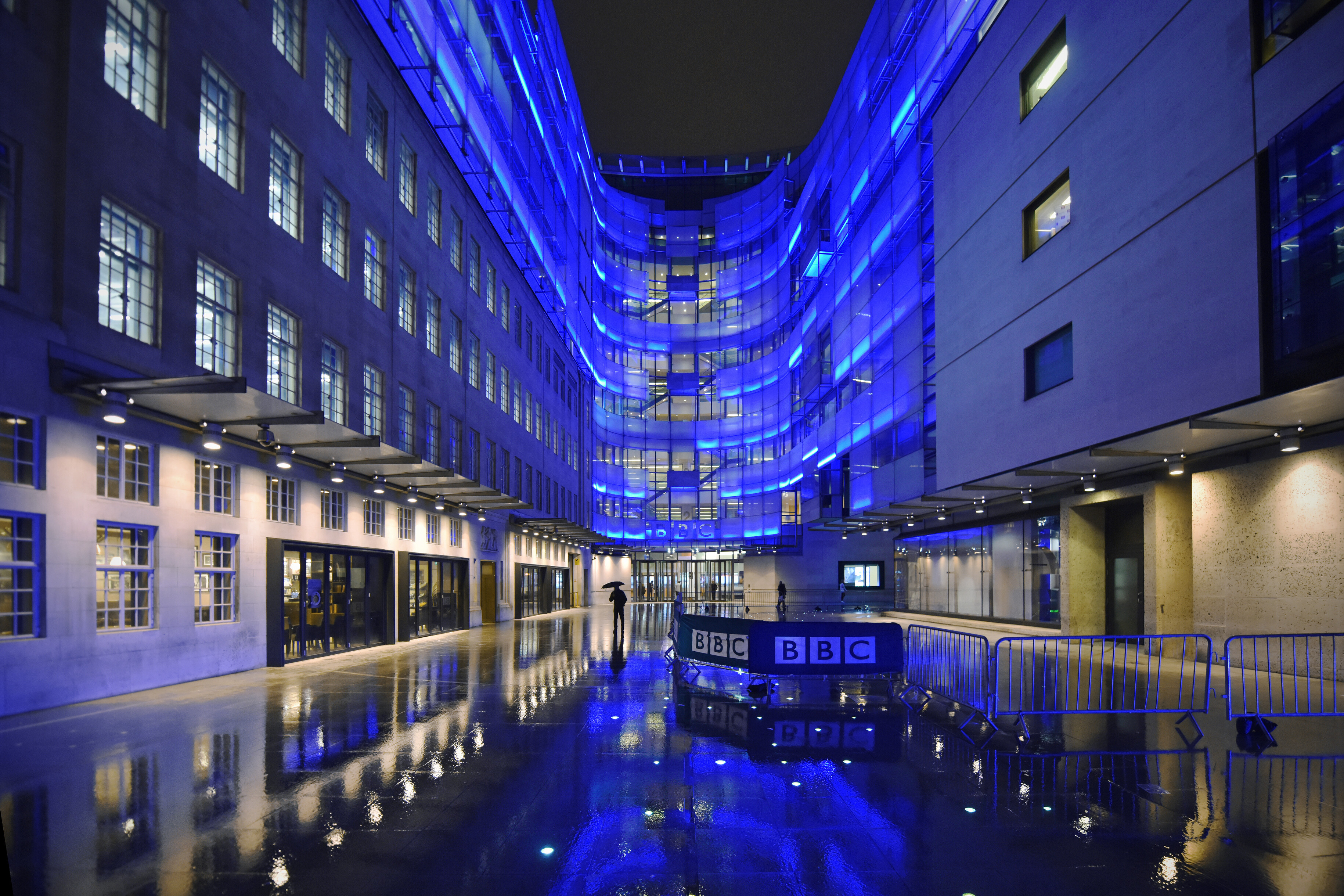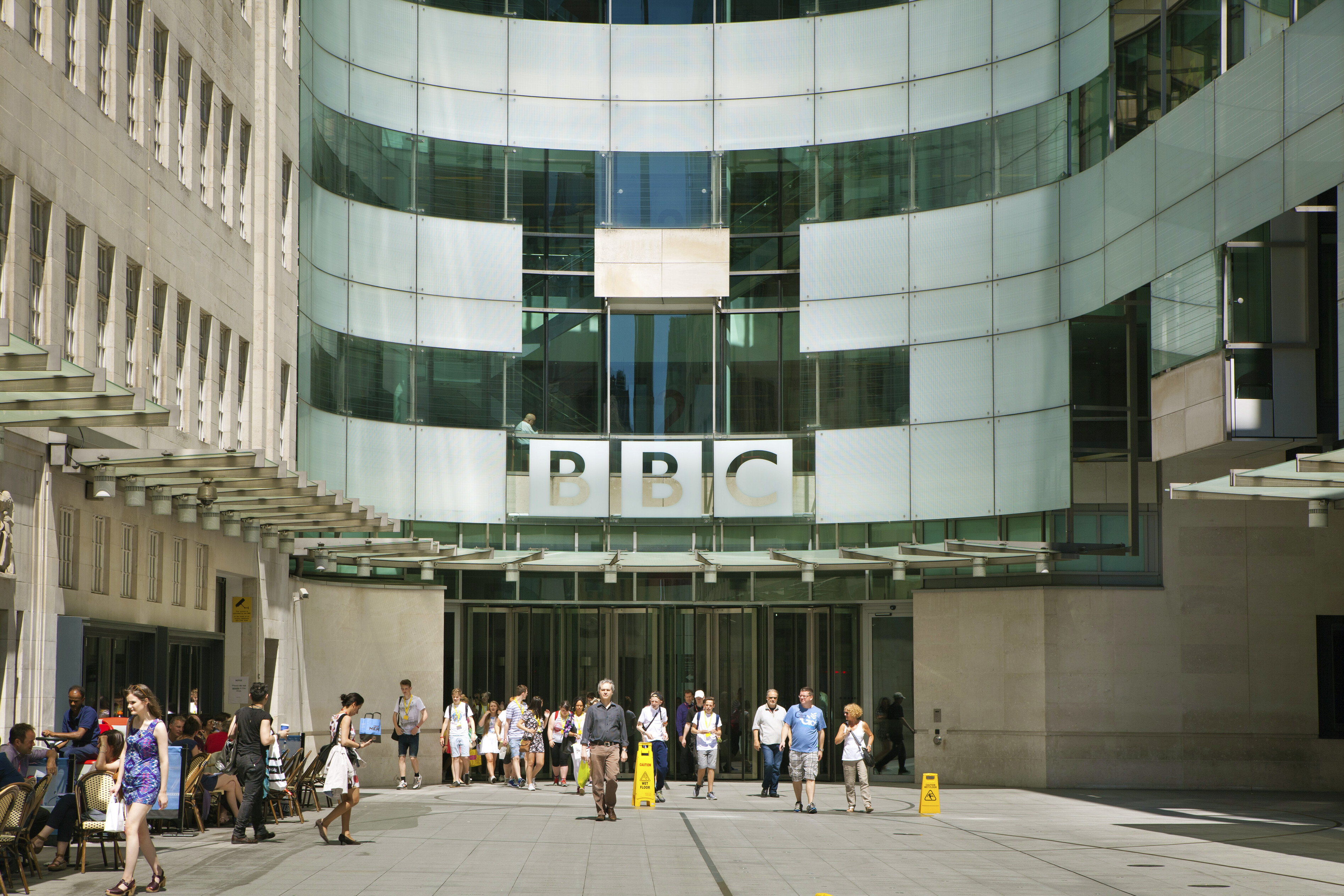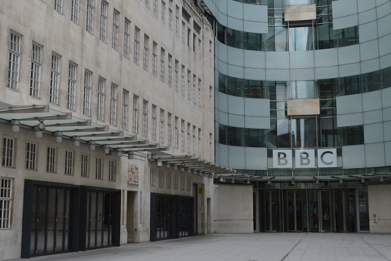By Sally-Ann Wilson, PMA CEO
PMA welcomes the headline of the report of the UK House of Lords Select Committee on Communications published this week. The committee had run an inquiry into the future of UK public service broadcasting in the context of the growing popularity of video on demand services [SVODs]. Despite being a UK focused report, it has a worldwide resonance for public media.
The remit of the inquiry was wide ranging, covering issues such as regional production, the Terms of Trade for the production sector and the impact of advertising on children. The inquiry was underpinned by the fact that public service broadcasters must adequately serve a diverse and increasingly fragmented audience in order to underpin the legitimacy of a licence fee.
Critically, the report noted that while the growth in SVODs excited audiences and created opportunities for the creative industries, future developments in this sector are unpredictable. Meanwhile, public broadcasters undoubtedly provide stable finance for the production of diverse UK content that is universally accessible via a robust broadcast platform.
In respect of these findings, the committee agreed that the UK Government should in turn support public broadcasters in this new media environment and urged caution before imposing further regulatory or financial burdens on them. The BBC in particular needs to be able to innovate in the face of a fast evolving and well funded global media market. Changes to regulation must also keep up with the evolution of media technology.
The committee concluded that “The licence fee is the guarantor of the BBC’s financial independence and underpins its unique quality”. However, the committee were concerned that the integrity of the licence fee has been undermined by the recent settlements that had been carried out in secret to the disadvantage of the BBC, such as the BBC having responsibility to fund licence fees for those people aged over 75. The committee believed this to be an issue of welfare policy: “The BBC should not have been asked to take on this decision, and the BBC should not have accepted it.”
“The licence fee is the guarantor of the BBC’s financial independence and underpins its unique quality”
In future, an independent and transparent process must be in place to set the Licence Fee. It was recommended that the Government establish the BBC Funding Commission, an independent body set up by 2021 to oversee this process. PMA would certainly recommend that the framing of the Licence Fee as a ‘TV Licence Fee’ should be reviewed as this indicates that a public media organisation is simply a competitor in the TV entertainment market.
The BBC was, however, criticised following impassioned evidence from witnesses highlighting the lack of diversity represented in the UK TV sector, especially at the BBC. This is reflected by the fact that black, Asian and minority ethnic [BAME] viewers spend less time watching public service content than others. It was noted that the BBC is currently working to address this issue and steps include better training opportunities for all sectors of the industry.
Witnesses emphasised that at times of division public broadcasters can unite people around landmark events and programming that include sports, landmark dramas and documentary series, and live entertainment. A modest increase in the number of such events to be covered by public broadcasters has been proposed with the additions including more women’s sporting events and the Paralympics.
One of the key remits for public media anywhere is to ensure enough original, local content is produced and screened. The UK creative sector has a strong, established reputation and production is in a language that has international appeal and sales value, but the committee emphasised that it is only public service broadcasters that guarantee continued investment in a wide range of original UK content.
The UK broadcasting regulator Ofcom has already recommended that the discoverability of public broadcast channels and content should be updated for the digital era, ensuring that PSB content hubs are given prominence. The committee endorsed this view saying, “PSB’s must be able to maintain a direct relationship with viewers in an on-demand world”.
Other recommendations and evidence from this report will undoubtedly be considered in Ofcom’s forthcoming review of public service broadcasting in the UK. But the report does establish clearly that “public service broadcasting remains essential to the UK media and losing it would leave UK society and democracy worse off’.
You can read the full report here.
Header Image: A view of the Elizabeth tower from within the Palace of Westminster. Copyright Notice: © UK Parliament/Mark Duffy
Related Posts
25th October 2019
Focus on PSM | The challenges facing the BBC
Concerns over transparency, relevance,…
1st October 2019
BBC Director General reverses decision on complaint against presenter
The BBC’s Editorial Complaints Unit…
22nd June 2019
BBC announces change to free licences for over-75s
The BBC announced that it will fund…


